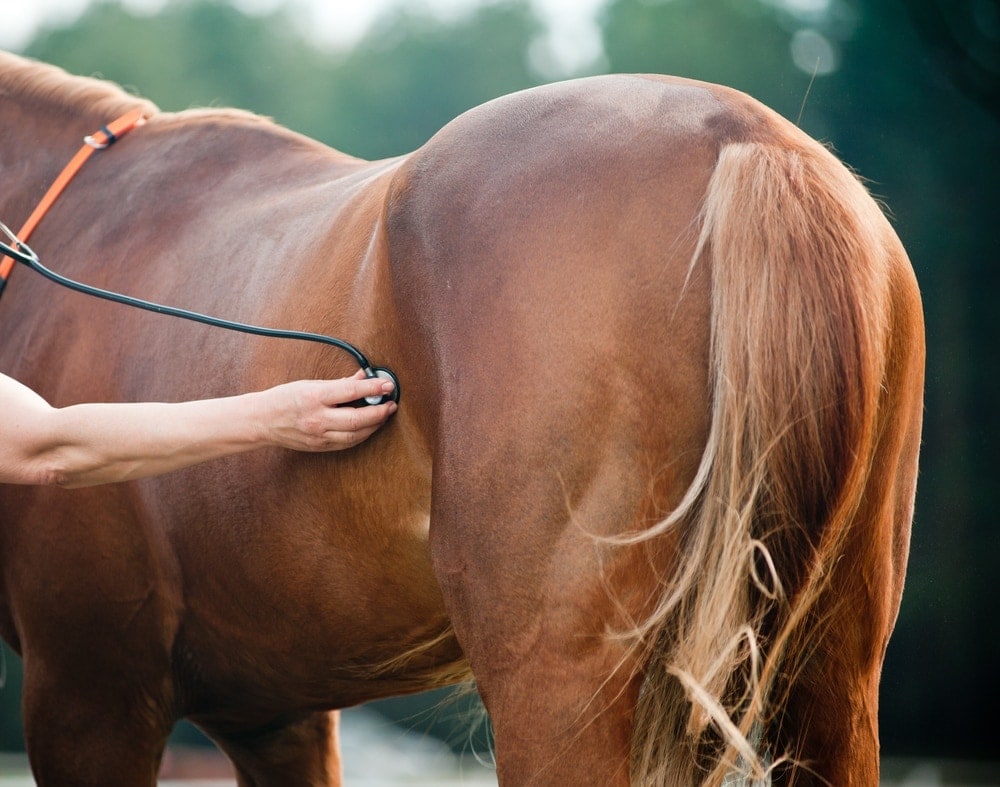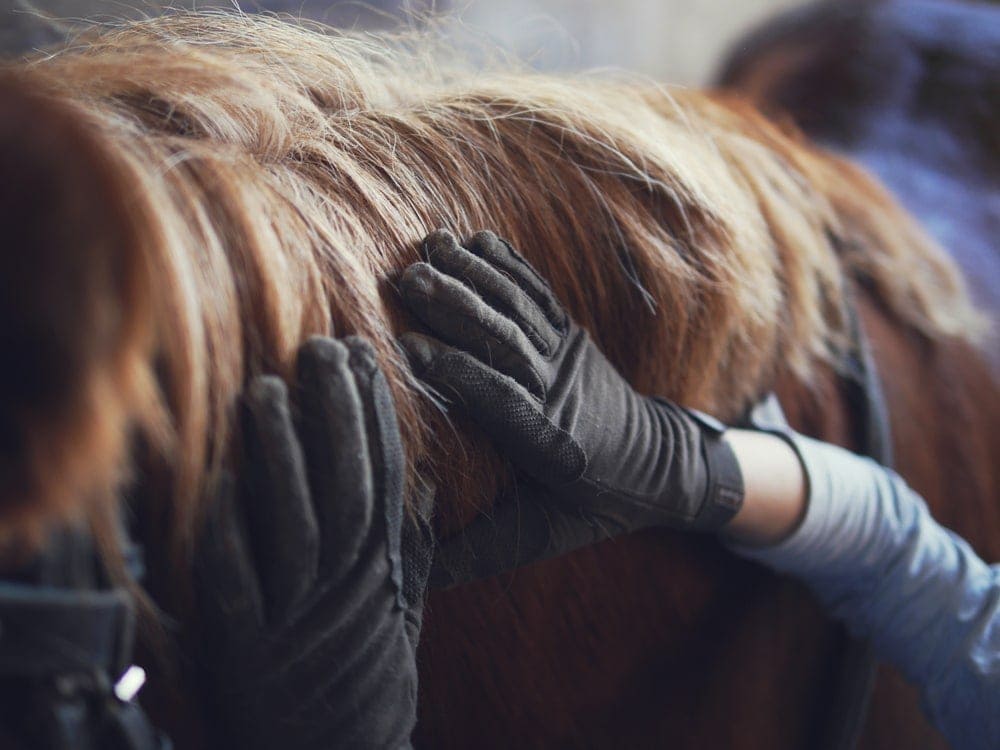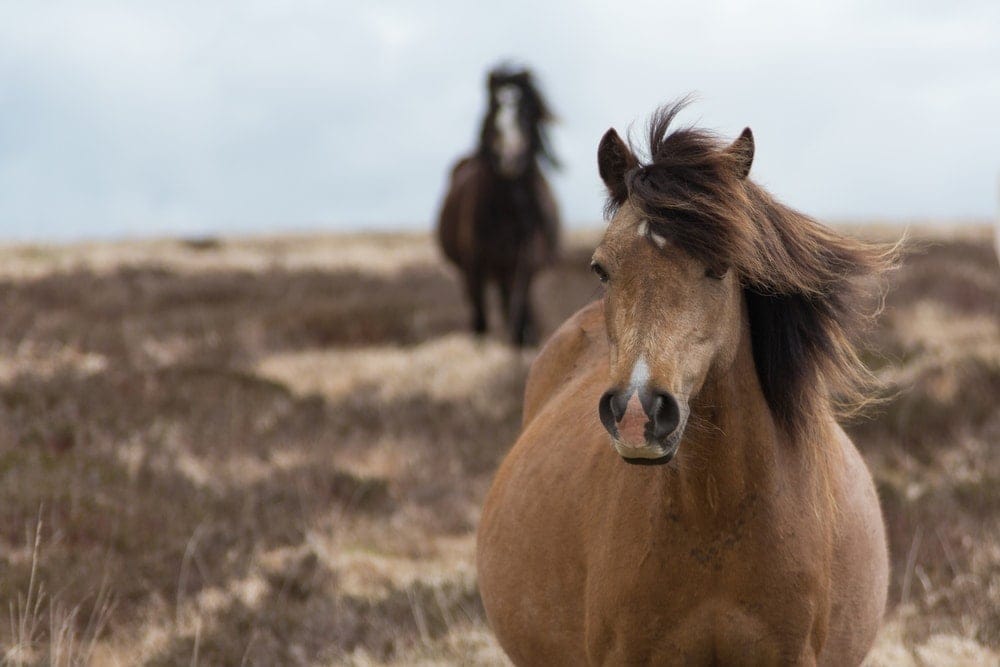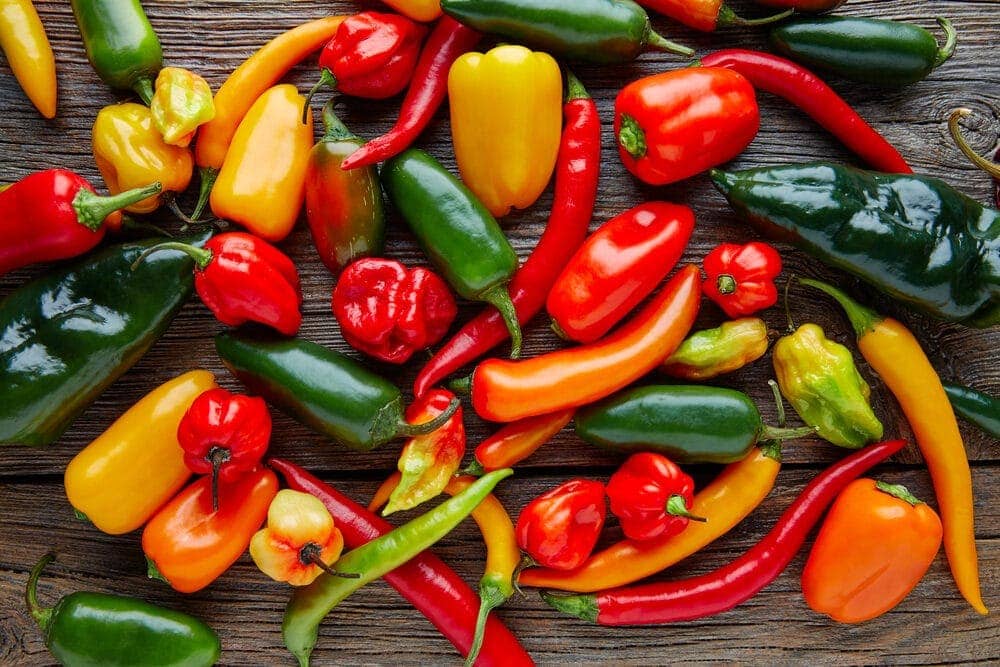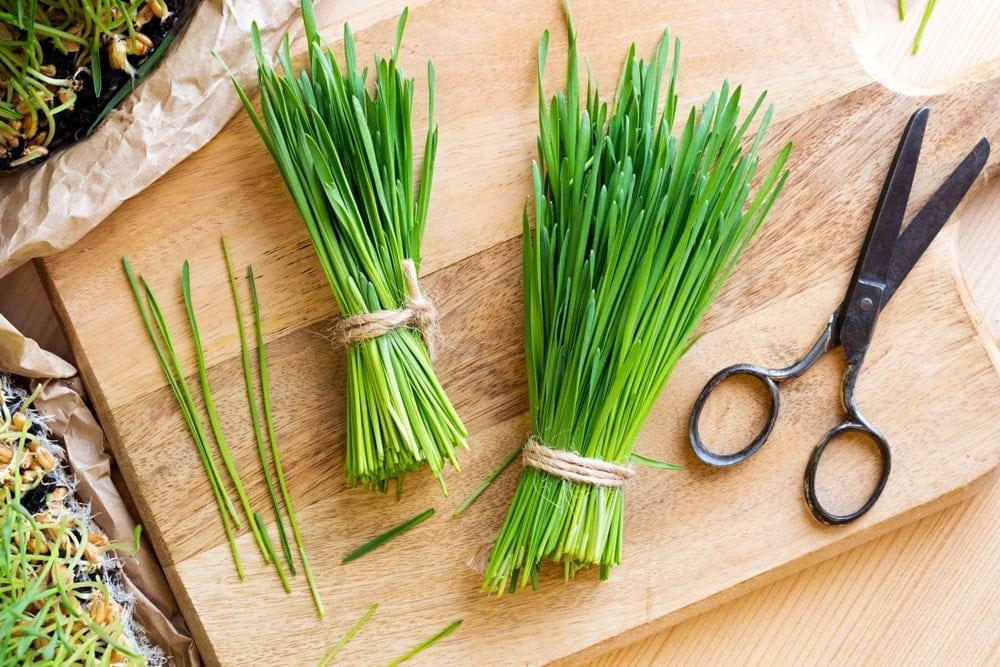If you want to breed horses, it is important that you are aware of the various stages of pregnancy with these animals.
There are a lot of important things that you will need to be aware of before you can go ahead with your breeding. This information will help you avoid a lot of serious mistakes.
Common Symptoms of Pregnancy in Horses
First, we will take a look at some of the most common symptoms of pregnancy in horses. By learning about these symptoms, it will be much easier for you to determine whether or not your horse is pregnant.
1. Refusing a Stallion
One of the most common signs a horse is pregnant is that they refuse a stallion’s advances. If your horse does not display her hindquarters, there is a good chance she is pregnant. Keep in mind that this is not a definitive means of determining pregnancy, but it is a pretty strong sign.
2. Swollen Belly
You will notice swelling of your horse’s abdomen at some point after it becomes pregnant. It doesn’t take long for this to happen, and it is a pretty clear sign. Just remember that not all mares exhibit this particular symptom, though most do.
3. Disrupted Heat Cycle
Female horses go into heat anywhere from three to five times in a given year. If you have noticed a disruption in their heat cycle, it’s most likely due to pregnancy.
Some common signs that a mare is in heat include urine discharge and a raised tail while walking. If you see these things in your horse, there is a good chance she is not pregnant.
4. Restlessness
When your horse nears the end of its pregnancy, it will become increasingly restless. You might even notice it pacing back and forth at times. This type of anxious behavior is very common among expectant horses.
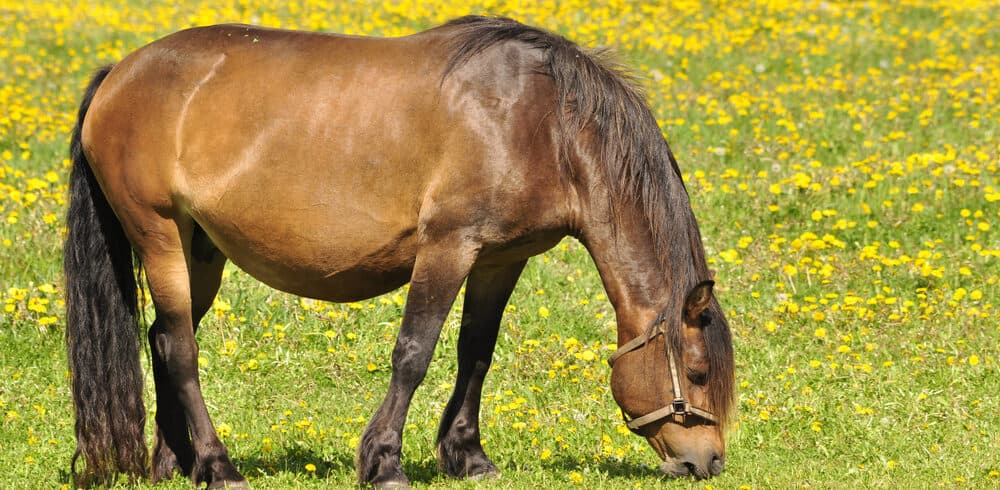
Stages of Pregnancy in Horses
It is also important that you learn about the various stages a horse goes through when it is pregnant. This information will allow you to care for your horse properly while avoiding any potentially serious complications.
First Few Weeks
There are a number of physical and behavioral changes that take place with horses that become pregnant within the first few weeks. You can expect your mare to begin eating more than usual. It is also common for pregnant horses to become more irritable than normal around this time.
150 Days
Once your horse has reached the 150 day mark in their pregnancy, the baby inside weighs just a couple of pounds. It has developed whiskers and can even blink its eyes.
250 Days
At the 250 day mark, the lungs of the foal have begun developing. Most horses have a noticeably swollen abdomen by this point. The mare’s udder also tends to protrude out slightly, producing a discharge that eventually becomes milk for their baby.
315 Days
When your mare is at this point in its pregnancy, you will need to keep a close watch on it each day. It won’t be very long at all until foaling takes place, so you have to be prepared.
The maximum gestation period of a horse in 370 days, so you’ll want to keep that in mind. This is usually the point at which most pregnant horses become restless.
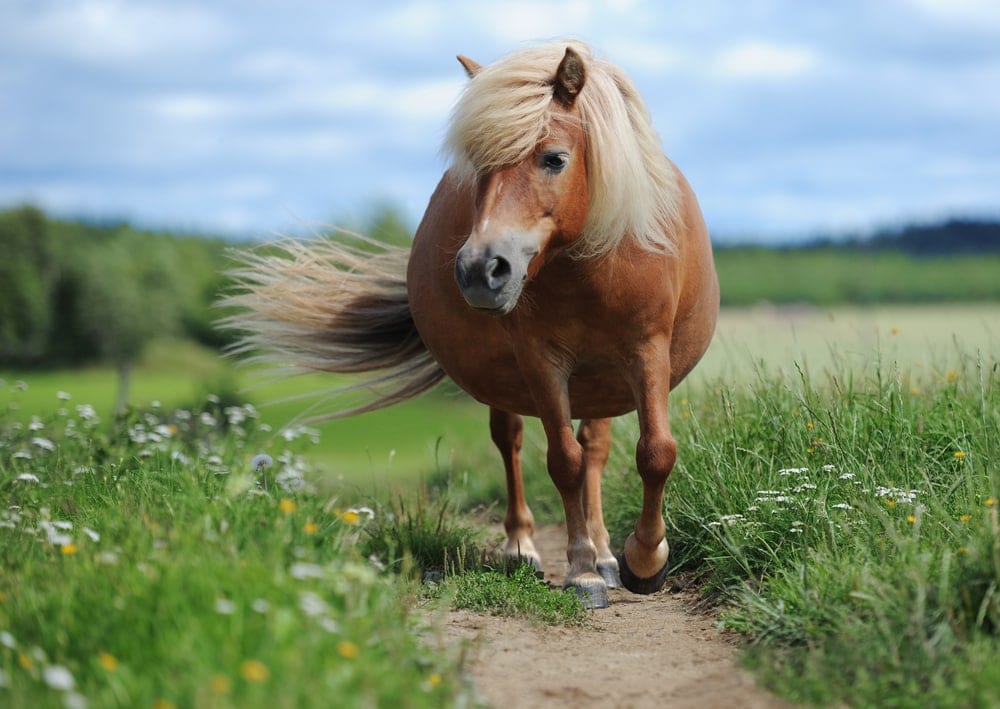
Tips to Prepare for Your Horse’s Birthing
There are some tips that you will need to keep in mind when it comes to preparing for your horse’s birthing.
- Make sure that you keep records of your pregnant horse’s vaccinations.
- Getting your mare vaccinated while it is pregnant helps to ensure healthy offspring.
- It is also important that you get your mare dewormed while it is pregnant.
- Keep the number of your veterinarian nearby just in case there are any complications during the birthing process.
- You’ll also want to have lot of clean towels close by, as things are sure to get messy.
- Wear surgical/medical gloves while your horse is giving birth. It is important that your hands remain sterile during this process.
Caring for Your Pregnant Horse
You will also need to consider a few things when it comes to taking care of your horse while it is pregnant. You should absolutely avoid transporting your mare unless it is absolutely necessary. The last thing you want to do is to put any unneeded stresses on her.
It’s also crucial that you satisfy the nutritional requirements of your mare while it is pregnant. This will help to keep both the mother and unborn baby healthy. Vitamin E is especially important for these animals when they are pregnant, so keep that in mind.
You also need to remember that your horse will quickly need to eat more while it is pregnant. Failing to provide it with enough food during this time can result in all sorts of serious complications.
Your mare should be kept current on all of its vaccinations and anything else it might need to have done by the veterinarian. This is another crucial aspect of ensuring the overall health of your horse and its offspring.
Conclusion
- One of the most common signs a horse is pregnant is that it refuses a stallion’s advances.
- A disruption in your horse’s heat cycle is a telltale sign of pregnancy.
- Most horses develop a swollen abdomen sometimes during pregnancy, which is something else to watch out for.
- Your horse will also likely become restless and even somewhat irritable if it is pregnant.
- The maximum gestation period for a horse is 370 days.
- Within the first few weeks of pregnancy, your horse will start eating more than usual.
- Once your horse has reached the 150-day mark, their unborn baby weighs around a couple of pounds.
- By 250 days into your horse’s pregnancy, their abdomen should be noticeably swollen.
- Once your horse has been pregnant for over 300 days, you’ll need to keep a close eye on it.
- Make sure that your horse gets all of the necessary vaccinations and deworming while it is pregnant.
- Keep the number of your veterinarian close by in case of any complications during the birthing process.
